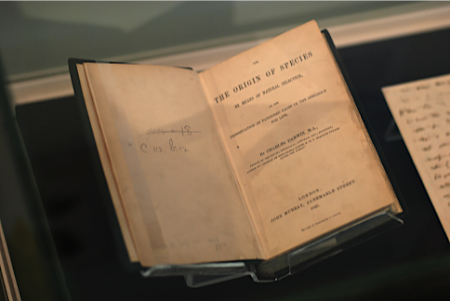It is a bit annoying. If you google for science delusion, you are only referred to Sheldrake. But this is not what I wanted, I was more interested in mad scientists. Not Frankenstein, not Moreau not Dr. Faustus not any literary character, some more real life figures. Also not Venter. But here comes something interesting
In 1951, entomologist Jay Traver published in the Proceedings of the Entomological Society of Washington [Traver, J. (1951). Unusual scalp dermatitis in humans caused by the mite, dermatophagoides (Acarina, epidermoptidae). Proceedings of the Entomological Society of Washington, 53(1), 1-25.] her personal experiences with a mite infestation of her scalp that resisted all treatment and was undetectable to anyone other than herself. Traver is recognized as having suffered from Delusory Parasitosis: her paper shows her to be a textbook case of the condition. The Traver paper is unique in the scientific literature in that its conclusions may be based on data that was unconsciously fabricated by the author’s mind.
The author ( Matan Shelomi, Mad Scientist: The Unique Case of a Published Delusion Matan Shelomi, Sci Eng Ethics (2013) 19:381-388) believes that a possible retraction of the 1951 paper raises the issue of discrimination against the mentally ill – others may consider this as delusionary correctness.
